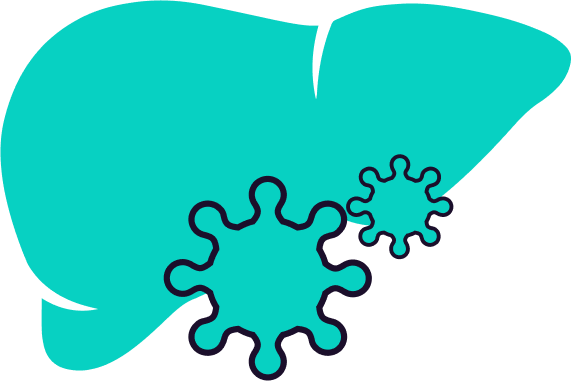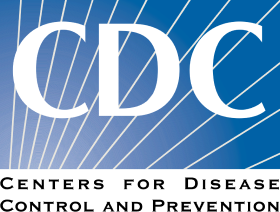If you have a history of severe allergic reaction after a previous dose of any hepatitis B vaccine, or to any ingredient of HEPLISAV‑B, including yeast, do not take HEPLISAV‑B.

Those infected with hepatitis B can experience fatigue, poor appetite, stomach pain, nausea, and jaundice.
For most people, HBV clears on its own. But for those who don't clear the virus, it can cause liver cancer. Heplisav‑B does not treat diseases such as cirrhosis or liver cancer.
HBV=hepatitis B virus
of liver cancer cases worldwide are due to hepatitis B. Liver cancer is the second-leading cause of cancer deaths in the world.
On average in the US, there are 42,000 new liver cancer cases and 30,000 deaths each year; not all cases are hepatitis B-related.
Although treatments are available, prevention is best achieved through vaccination



Many US adults born before 1991 have not been vaccinated against hepatitis B
Protect yourself today
*The CDC recommends hepatitis B vaccination for all adults aged 19-59 and for adults aged ≥60 years with risk factors. Adults aged ≥60 years without risk factors may receive hepatitis B vaccination. This recommendation applies to adults who have not received a complete hepatitis B vaccine series in their lifetime.
The hepatitis B vaccine is considered among the world's first anti-cancer vaccines because it helps prevent chronic hepatitis B infections, thereby helping to prevent liver cancer caused by the hepatitis B virus.

Learn more about hepatitis B on the CDC website
Don't wait—get vaccinated today
CDC=Centers for Disease Control and Prevention
This site uses cookies to improve your experience. By continuing to use this website you are agreeing to our Cookie Policy.
This site uses cookies to improve your experience. By continuing to use this website you are agreeing to our Cookie Policy.
HEPLISAV‑B is a shot given to adults 18 years of age and older to help prevent infection caused by the hepatitis B virus.
HEPLISAV‑B is usually given in the arm muscle. HEPLISAV‑B is given in 2 doses, 1 month apart, by a healthcare provider.
IMPORTANT SAFETY INFORMATION
If you have a history of severe allergic reaction after a previous dose of any hepatitis B vaccine, or to any ingredient of HEPLISAV‑B, including yeast, do not take HEPLISAV‑B.
HEPLISAV‑B must be given by a medical professional, who will monitor you afterwards, to check for allergic reaction.
If you are immunocompromised, or receiving immunosuppressant therapy, you may have less of an immune response to HEPLISAV‑B.
Some people have hepatitis B infection without being aware of it or showing any symptoms. If you already have hepatitis B present in your body, HEPLISAV‑B may not prevent hepatitis B infection.
The most common side effects include pain at the injection site, tiredness, and headache.
HEPLISAV‑B was not studied in pregnant or nursing women. Tell your provider if you are pregnant or plan to become pregnant or are breast feeding.
Vaccination with HEPLISAV‑B may not protect all individuals.
Talk to your healthcare provider to determine if HEPLISAV‑B is right for you.
ADDITIONAL IMPORTANT INFORMATION
HEPLISAV‑B does not treat liver diseases such as cirrhosis or liver cancer.
Not all liver cancer is caused by the hepatitis B virus.